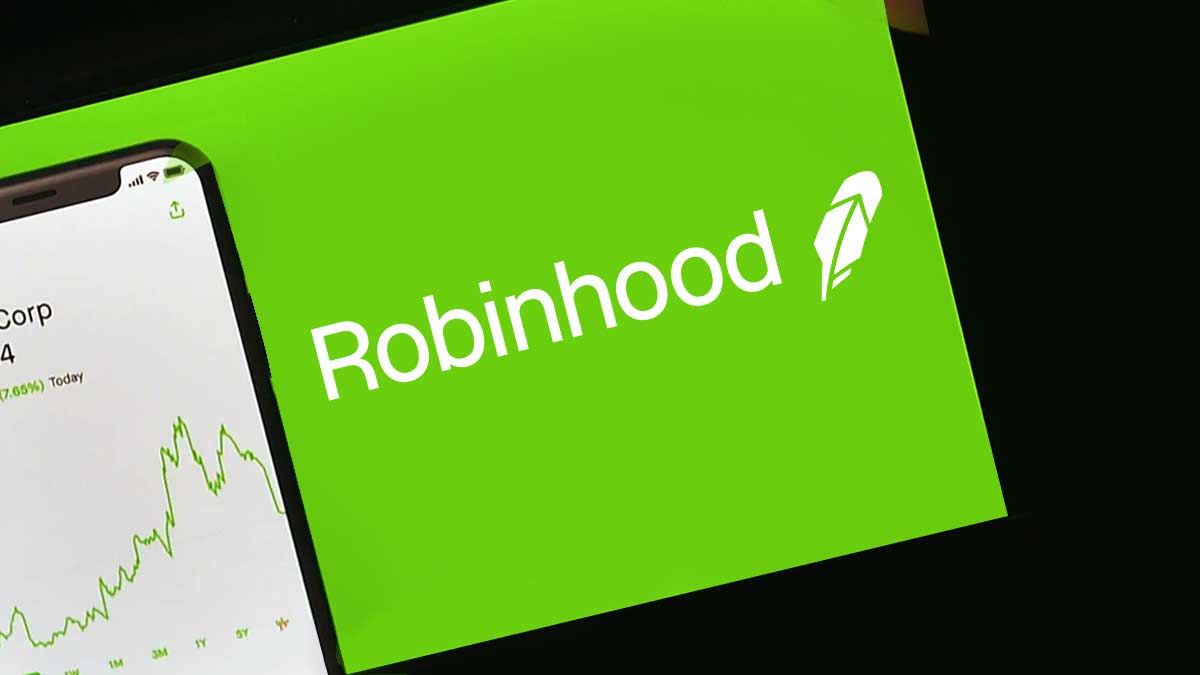- Home
- Billionaires
- Investing Newsletters
- 193CC 1000
- Article Layout 2
- Article Layout 3
- Article Layout 4
- Article Layout 5
- Article Layout 6
- Article Layout 7
- Article Layout 8
- Article Layout 9
- Article Layout 10
- Article Layout 11
- Article Layout 12
- Article Layout 13
- Article Layout 14
- Article Sidebar
- Post Format
- pages
- Archive Layouts
- Post Gallery
- Post Video Background
- Post Review
- Sponsored Post
- Leadership
- Business
- Money
- Small Business
- Innovation
- Shop
Recent Posts
SEC Threatens Robinhood’s Crypto Platform with Charges

The Securities and Exchange Commission (SEC) has taken a step towards potential enforcement action against Robinhood’s cryptocurrency platform by issuing a Wells Notice. This notice, received by Robinhood on May 4, suggests that the SEC has preliminarily decided to pursue charges against Robinhood Crypto for alleged violations of federal securities laws. Wells Notices provide recipients with the opportunity to address the SEC’s concerns before any formal enforcement action is initiated. Possible outcomes of such action could include a cease-and-desist proceeding or civil injunction, along with potential monetary penalties, censure, or limitations on future activities for Robinhood Crypto.
In response to the Wells Notice, Robinhood’s Chief Legal, Compliance, and Corporate Affairs Officer Dan Gallagher expressed disappointment, stating, “We firmly believe that the assets listed on our platform are not securities, and we look forward to engaging with the SEC to make clear just how weak any case against Robinhood Crypto would be on both the facts and the law.”
Robinhood co-founders Baiju Bhatt and Vlad Tenev, who have been instrumental in democratizing finance through the Robinhood app, are estimated to be worth $1.2 billion and $1.1 billion, respectively.
This regulatory action against Robinhood is part of a broader crackdown by the SEC on the cryptocurrency industry. Over recent years, the SEC has targeted several popular crypto trading platforms, including Binance, FTX, and Coinbase, with enforcement actions, lawsuits, and criminal charges. At the core of many of these actions is a debate over whether certain digital assets should be classified as securities, which would subject them to SEC oversight and compliance with securities laws. However, crypto platforms have consistently argued that the digital assets they offer are not securities.
Founded in 2013 by Bhatt and Tenev, Robinhood became popular for its commission-free trading model. The platform expanded to offer cryptocurrency trading in 2018, attracting a younger demographic of retail traders. Despite its popularity, Robinhood has faced criticism for allegedly enabling inexperienced users to engage in risky trading practices. In March 2020, Robinhood experienced significant outages, leading to a proposed class action lawsuit alleging negligence. The platform also faced scrutiny for its decision to restrict trading during the Gamestop stock rally in January 2021. Robinhood settled the proposed class action lawsuit in May 2022, the terms of which were not disclosed.
In September 2020, the SEC initiated a civil fraud probe into Robinhood, focusing on the platform’s failure to disclose its practice of selling clients’ orders to high-frequency trading firms. In December of the same year, Robinhood agreed to pay $65 million to settle the SEC’s charges.
This latest action by the SEC against Robinhood highlights the regulatory challenges faced by the cryptocurrency industry and the ongoing efforts by regulators to ensure compliance with securities laws.
Recent Posts
Categories
- 193 Countries Consortium Partner1
- 193cc Digital Assets2
- 5G1
- Aerospace & Defense48
- AI37
- Arts3
- Banking & Insurance11
- Big Data3
- Billionaires1,261
- Boats & Planes1
- Business332
- Careers13
- Cars & Bikes79
- CEO Network1
- CFO Network17
- CHRO Network1
- CIO Network1
- Cloud10
- CMO Network18
- Commercial Real Estate7
- Consultant1
- Consumer Tech194
- CxO1
- Cybersecurity73
- Dining1
- Diversity, Equity & Inclusion4
- Education7
- Energy8
- Enterprise Tech29
- Events11
- Fintech1
- Food & Drink2
- Franchises1
- Freelance1
- Future Of Work2
- Games149
- GIG1
- Healthcare79
- Hollywood & Entertainment203
- Houses1
- India’s 1000 Richest1
- Innovation46
- Investing2
- Investing Newsletters4
- Leadership65
- Lifestyle11
- Manufacturing1
- Markets20
- Media327
- Mobile phone1
- Money13
- Personal Finance2
- Policy569
- Real Estate1
- Research6
- Retail1
- Retirement1
- Small Business1
- SportsMoney42
- Style & Beauty1
- Success Income1
- Taxes2
- Travel10
- Uncategorized13
- Vices1
- Watches & Jewelry2
- world's billionaires1,230
- Worlds Richest Self-Made Women2
Related Articles
HBO and Cablevision Founder Charles Dolan Dies at 98
Charles Dolan, the visionary founder of HBO and Cablevision, passed away at...
By 193cc Agency CouncilDecember 30, 2024Bitcoin Reaches $100K, But Altcoins Outperform in 2024
Bitcoin’s performance in 2024 was nothing short of historic, as it crossed...
By 193cc Agency CouncilDecember 28, 2024Apple Unveils Limited-Edition Year of the Snake AirTag in Japan
In an announcement that will likely leave Apple enthusiasts excited but also...
By 193cc Agency CouncilDecember 27, 2024Mega Millions Jackpot Hits $1.15B; Winner Faces Major Taxes
The Mega Millions jackpot has soared to an estimated $1.15 billion, following...
By 193cc Agency CouncilDecember 26, 2024















Leave a comment